Larissa Kyzer translates from the Icelandic works in a wide range of genres, including novels, short stories, and poetry; microplays and film scripts; picture books, chapter books for young readers, and YA fantasies; essays and nonfiction; daily news, and more. Her recent projects include the Impostor Poets’ Manifesto; “A Radio Operator Goes Hunting,” a stand-alone excerpt from art curator-turned-author Steinunn G. Helgadóttir’s first, as-yet-available in English novel; “Bookworm in a Chrysalis,” an essay reflecting on immigration, language-learning, and a lifelong love of books by Natasha S.; and “On the Edge,” a special issue of new and timely writing from Iceland, which she curated for Words Without Borders in 2021. She’s also a writer herself, and has published book reviews (mostly focusing on contemporary Nordic and Icelandic literature), travel writing, personal essays, and articles (most while working as the staff journalist for The Reykjavík Grapevine).
In this interview, I conversed with Larissa about the changing landscape of contemporary literature and literary translation in Iceland, her translation process, and her work to build a more inclusive literary world.
Alton Melvar M Dapanas (AMMD): Before the First World War, translations of Icelandic writings were mostly into German, English, and Scandinavian languages. Eventually, the translations expanded to other languages such as Chinese, Georgian, Gaelic, Esperanto, Slovenian, Macedonian, Uzbek, and even French, Dutch, and Japanese. But this was the landscape of literary translation until the mid-70s through the early 90s, according to Cornell University Press’ Bibliography of Modern Icelandic Literature in Translation. What’s the scene of literary translation in Iceland these days like?
Larissa Kyzer (LK): Thanks to Iceland’s fabulous landscapes and nature (not least its volcanic eruptions, which the country has had four of in the last four months), its perennial popularity as a tourist destination, and its status as a small, European island nation of many listacle-able quirks, there is always at least some demand for Icelandic literature in translation, although the scales still tilt towards crime fiction, as they do for most, if not all, of the Nordic countries. Per the Publishers Weekly Translation Database, which covers first-time English translations “distributed through conventional means” in the United States, there have been 93 Icelandic books translated into English since 2008, when the folks at Open Letter Books started collecting this data. 44 of them (that is, nearly half) are crime novels. Consider that in 2019 (the most recent year data was collected), 1,712 books were published in Iceland, whereas in 2008, at the height of the country’s boom years, we saw the publication of 2,125 books—in a single year. For a country with a population currently hovering around just under 400,000, that’s pretty impressive. But we’re only getting a fraction of this wealth in English.
A sidenote, because I think it’s interesting, and also worth highlighting: the figures for Icelandic literature in English translation are still way more heartening than you see for many so-called minority languages, including ones that have far more speakers. For example, there are about 5.4 million speakers of Finnish worldwide; according to the Translation Database, only 88 Finnish books have been published in English translation since 2008. Thirteen million people speak Greek; only 70 Greek books have been published in English in the same time period. Almost 40 million people speak Thai worldwide; only 3 English-language translations of Thai titles are listed in the database. Hindi has over 600 million speakers; only 14 Hindi-language books have been translated into English in the last 16 years. There’s a lot that can be inferred from these numbers—not least that there is obviously a significant Eurocentricity in English-language publishing—but the baseline point is that as English-language readers, we’re only ever getting access to a tiny sliver of the literature that exists in the world.
READ MORE…
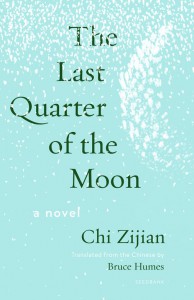


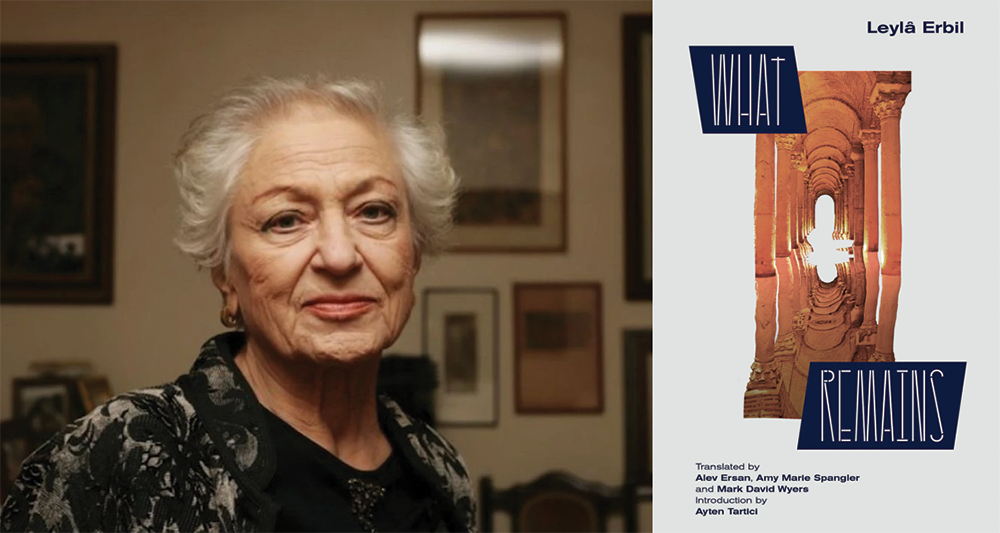
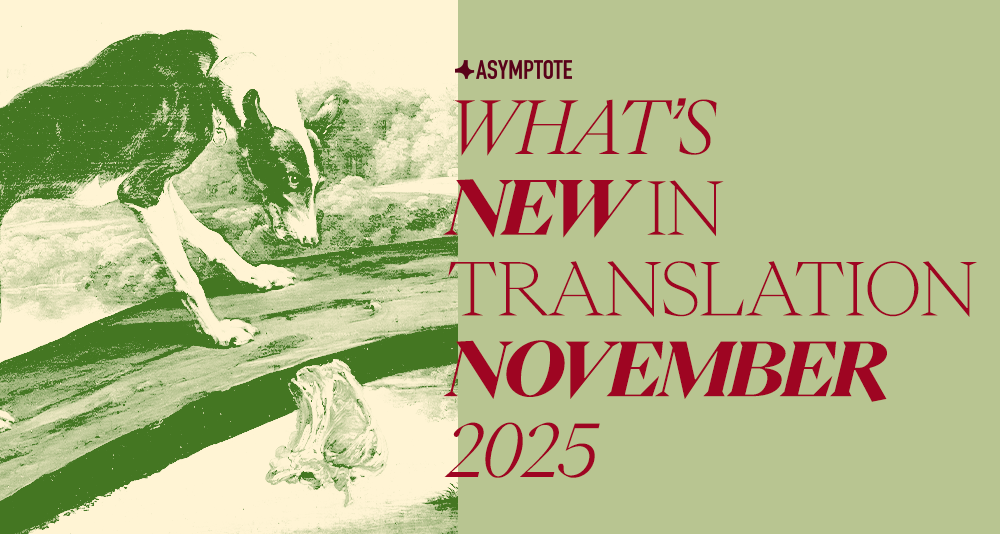

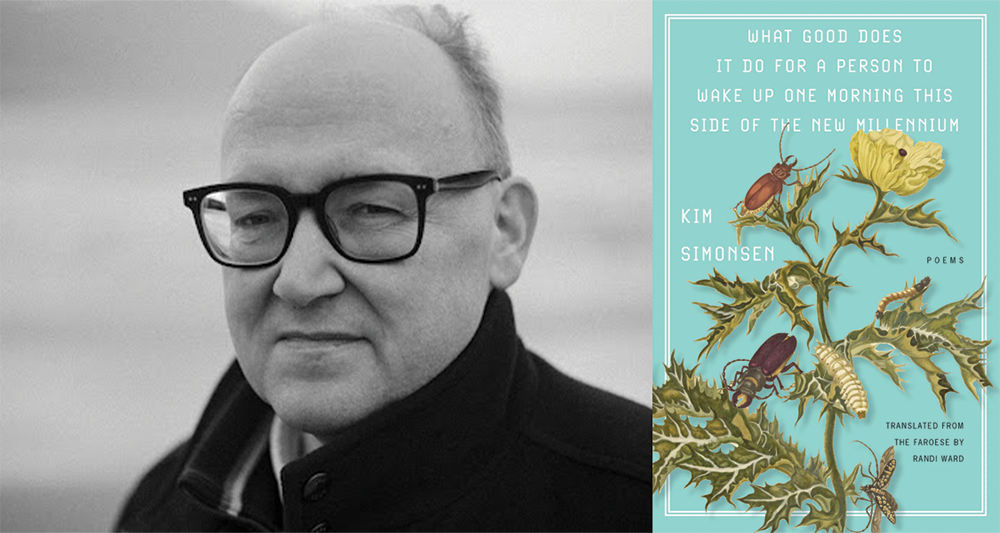
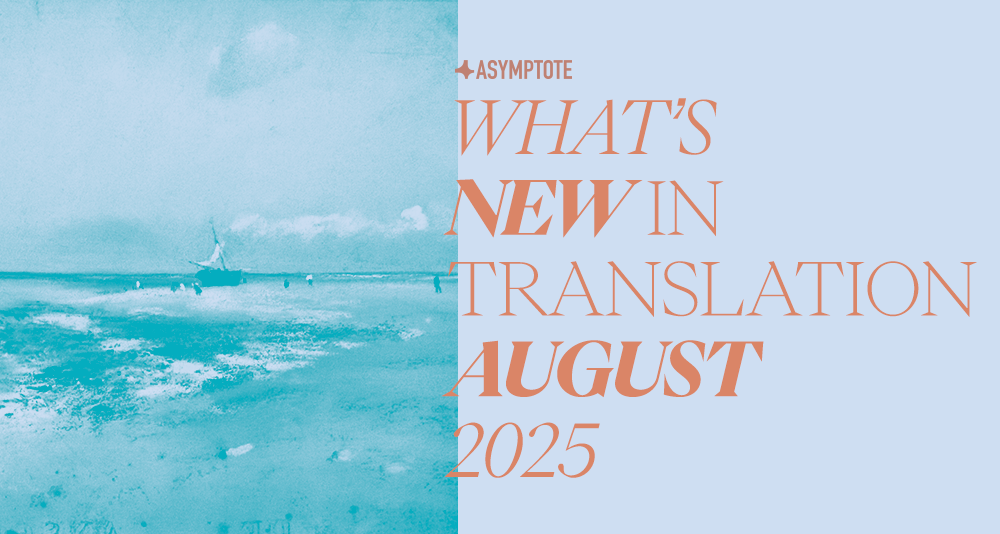
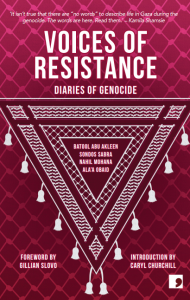
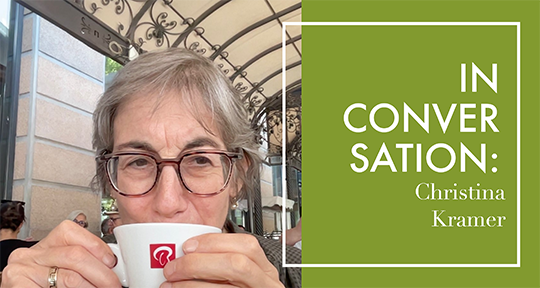
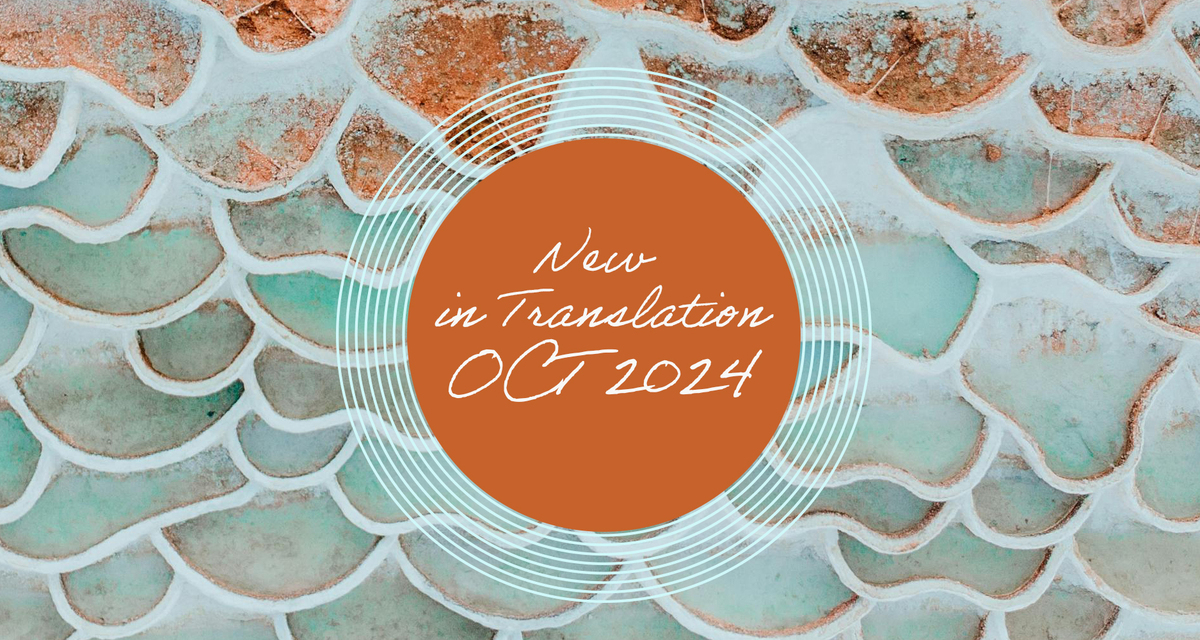
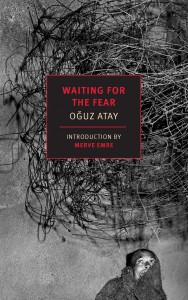
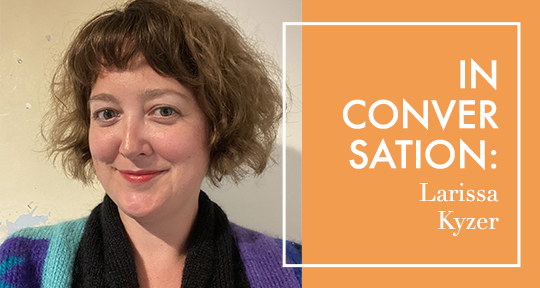
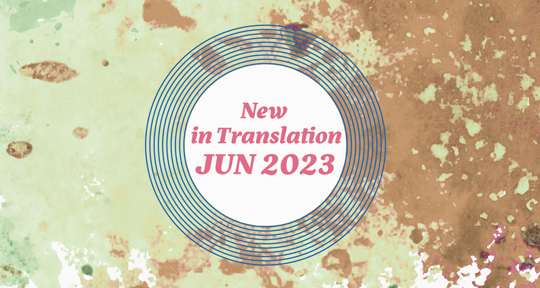
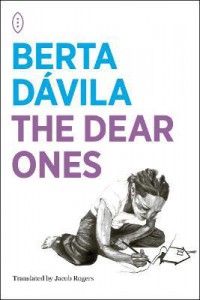
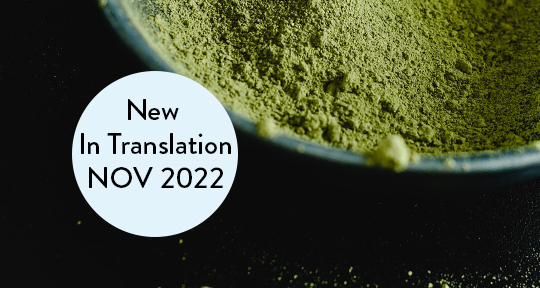
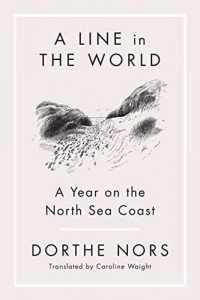
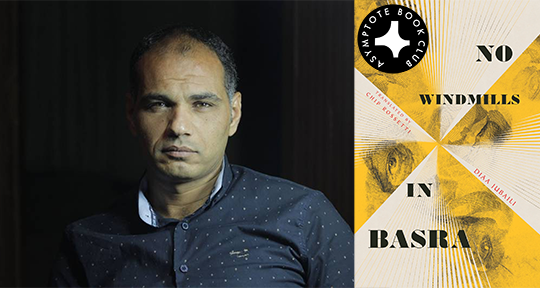

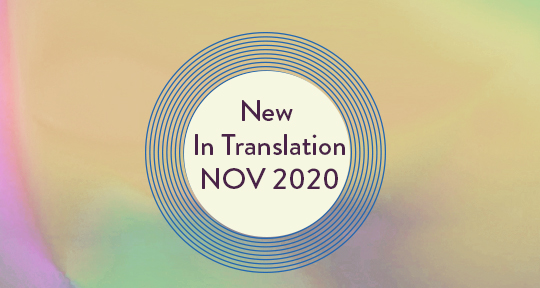
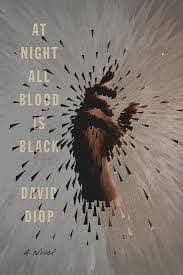
A Pointed Atemporality: Mui Poopoksakul on Translating Saneh Sangsuk’s Venom
He's very aware of the rhythm and musicality of this text . . . he said it should take something like an hour and thirty-seven minutes to read.
In our May Book Club selection, a young boy struggles with a snake in the fictional village of Praeknamdang, in a tense battle between beauty and cruelty. In poetic language that is nostalgic for the world it describes without romanticizing it, Saneh Sangsuk creates a complex and captivating world. In this fable-like story there are no simple morals, in keeping with Sangsuk’s resistance to efforts to depict a sanitized view of Thailand and to the idea that the purpose of literature is to create a path to social change. In this interview with translator Mui Poopoksakul, we discuss the role of nature in the text, translating meticulous prose, and the politics of literary criticism.
The Asymptote Book Club aspires to bring the best in translated fiction every month to readers around the world. You can sign up to receive next month’s selection on our website for as little as USD20 per book; once you’re a member, join our Facebook group for exclusive book club discussions and receive invitations to our members-only Zoom interviews with the author or the translator of each title.
Barbara Halla (BH): How did you get into translation, especially given your law background?
Mui Poopoksakul (MP): I actually studied comparative literature as an undergrad, and then in my early twenties, like a lot of people who study the humanities, I felt a little bit like, “Oh, I need to get a ‘real job.’” I went to law school, and I worked at a law firm for about five years, and I liked that job just fine, but it just wasn’t what I wanted to do for the rest of my life.
So, I started thinking, What should I be doing? What do I want to do with myself? I had always wanted to do something in the literary field but didn’t quite have the courage, and I realized that not a lot of Thai literature been translated. I thought, If I can just get one book out, that would be really amazing. So, I went back to grad school. I did an MA in Cultural Translation at the American University of Paris, and The Sad Part Was was my thesis from that program. Because I had done it as my thesis, I felt like I was translating it for something. I wasn’t just producing a sample that might go nowhere.
The whole field was all new to me, so I didn’t know how anything worked. I didn’t even know how many pages a translation sample should be. But then I ended up not having to worry about that because I did the book as my thesis.
BH: You mentioned even just one book, but did you have any authors in mind? Was Saneh Sangsuk one of those authors in your ideal roster?
MP: I wouldn’t say I had a roster, but I did have one author in mind and that was Prabda Yoon, and that really helped me get started, because I wasn’t getting into the field thinking, “I want to translate.” My thought was, “I want to translate this book.” I think that helped me a lot, having a more concrete goal.
READ MORE…
Contributor:- Barbara Halla
; Languages: - English
, - Thai
; Place: - Thailand
; Writers: - Mui Poopoksakul
, - Prabda Yoon
, - Saneh Sangsuk
; Tags: - Deep Vellum
, - environmentalism
, - literary criticism
, - nature
, - nature in storytelling
, - pacing
, - pacing in translation
, - Peirene
, - respect for nature
, - rhythm
, - rhythm in translation
, - social commentary
, - storytelling
, - Thai literature